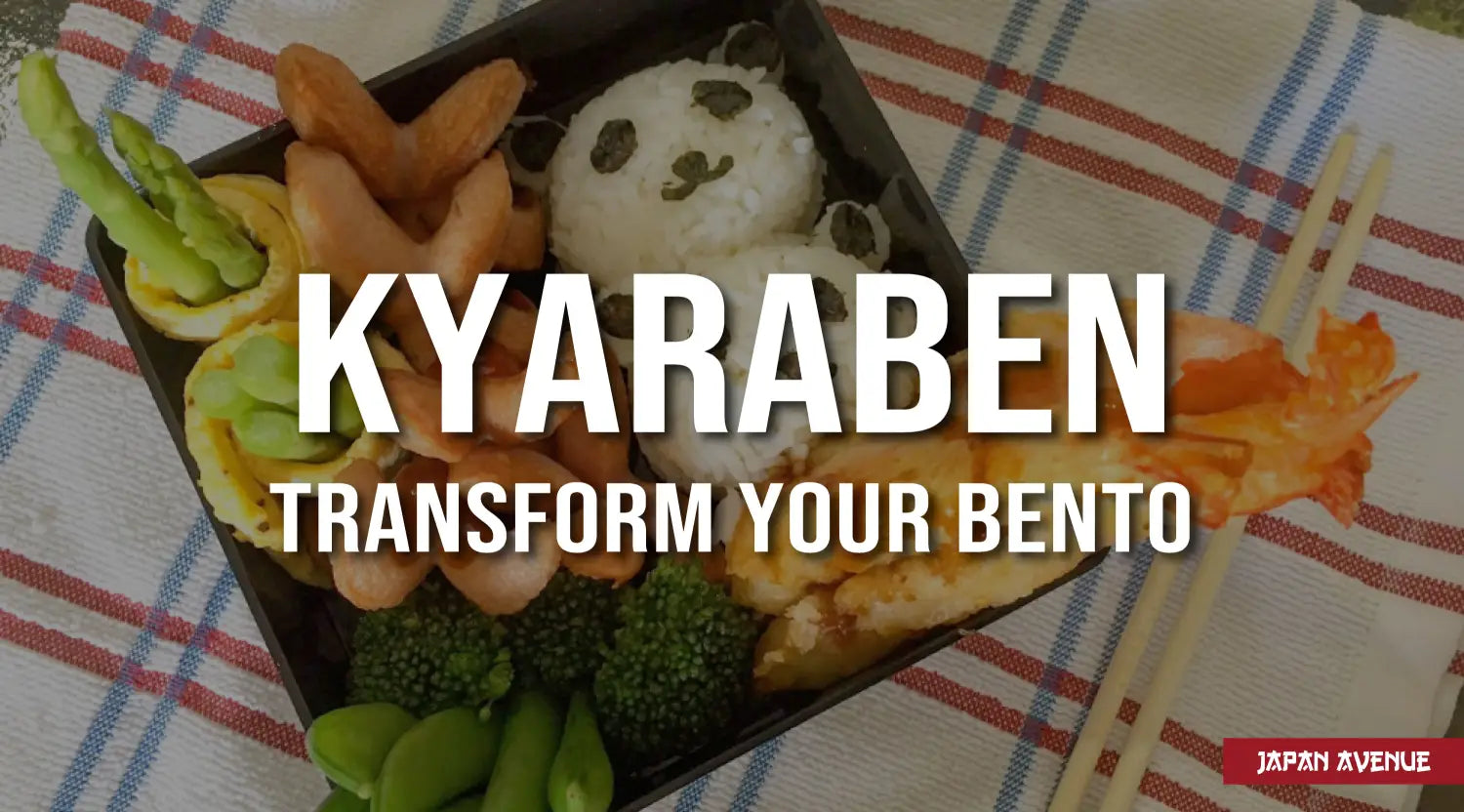The Japanese are very superstitious... Well, that's nothing new! Because of their Shinto religion and their numerous popular beliefs, the inhabitants of Japan certainly don't do things randomly.
The Japanese superstition called "meishin" is the set of all irrational beliefs that rely on supernatural forces or omens.
Discover without further ado 15 of the most surprising Japanese superstitions!
😴 #1 Don't sleep with your head northward

In the Land of the Rising Sun, you should not be sleeping with your head facing north if you don't want to die prematurely.
This superstition originates directly from Buddhism. In funeral practices, the deceased person lays with his head to the North.
Doing the same could bring you some bad luck... So, hold on to your pillow!
💅 #2 Never whistle or cut your nails during the night

For those who enjoy the night life... be aware that you should never whistle after sunset, as this could attract snakes. In any case, your neighbors would not appreciate it! This Japanese superstition probably comes from thieves who used this way of communication to break into houses.
Similarly, if you feel like cutting your nails at night, don't give in to the temptation, as it may shorten your life expectancy. In Japan, "cutting your nails" is pronounced the same way as "shortening your life".
🥢 #3 Don't stick your chopsticks in your rice

If you visit Japan, be careful not to plant your chopsticks in your rice as this signifies that someone has passed away.
In fact, the rice bowl can be compared to the incense bowls that Buddhists use during funeral ceremonies. Therefore, it would be very frowned upon!
Besides, did you know that it is very rude to hold your chopsticks in your fist like a dagger or to stick them in your sushi? Check out our article on how to eat with Japanese chopsticks.
4⃣ #4 Beware of unlucky numbers and dates

In Japanese culture, some numbers are to be avoided. For example, the number 4 should preferably be avoided as it can be pronounced as "shi" which means "death" in Japanese. As for the 9, it can be pronounced "ku" like anguish or pain.
So don't be surprised if certain numbers don't appear on hotel rooms or if nothing ever happens on certain dates...
🐙 #5 Never write a name in red ink

Did you know that Japanese people have the habit of inscribing the name of the husband and wife on the tombstones for economic reasons.
A bit creepy, don't you think?
In order to differentiate the person still alive, his or her name is painted in red. That's why using red ink to write a name is very blasphemous in Japan. It brings bad luck to the person in question.
🐴 #6 Horoscope and compatibility between two people

Japanese people are particularly fond of astrology in order to define their destiny. There exist 12 signs of the zodiac, based on the Chinese calendar: the ox, the tiger, the rabbit, the rat, the dragon, the snake... each year corresponds to an animal.
In the Japanese culture, the astrological sign is very important to define the love compatibility between two individuals. Your date of birth indicates your totem animal and your personality would reflect in part its character traits.
A popular belief says that women born in the year of the horse would be likely to kill their husbands. Spooky, don't you think?
⛈ #7 Hiding your belly button when it's stormy

If you are visiting Japan and the sky is rumbling, you will probably hear adults telling children to cover their belly buttons to prevent them from being eaten. Strange idea!
In fact, this comes from a very popular myth that terrifies Japanese children.
In the archipelago, it is said that Raijin, god of thunder and lightning, and his pet Raiju have the habit of destroying human belly buttons. This is why children cover their belly when it is stormy.
A good way for parents to make sure their little ones stay warm during those stormy nights.
👍 #8 Hide your thumbs when you see a hearse

It's not just the belly button that needs to be hidden in stormy weather. Kids also tuck their thumbs in when they pass a hearse or walk through a cemetery. In fact, the words "parents" and "thumb" have the same origin. By extension, the first finger of the hand represents mom and dad.
By hiding them, they protect their parents from death. That's pretty cute though!
🤧 #9 Sneeze means someone is thinking about you

If someone around you starts sneezing in front of you, that means someone is talking about you. Two sneezes: The person is probably talking badly about you. Three sneezes: The person is in love.
This belief is very widespread in Japan as well as in China, Vietnam and Korea. Moreover, the allusion often appears in manga.
🌱 #10 A tea leaf in an upright position brings luck

To all tea lovers, if you find a tea stem floating upright in your cup, this is a good sign. This phenomenon is particularly rare and if it happens to you, you are lucky for sure!
But still, we might wonder if the myth of the Chabashira (standing tea stem) was invented by tea sellers to push consumption.
🕷 #11 Don't kill a spider in the morning... at night, yes!

We already imagine you with your shoe in your hand, ready to crush the spider... Sacrilege! Seeing a spider in the morning brings good luck in Japan, so you should not kill it.
On the other hand, in the evening, the spider turns into a demon, so it's another story.
💐 #12 Don't give potted flowers to an ill person

If you are visiting someone in a hospital, do not offer him or her potted plants, as their roots represent the encroaching disease.
This will make you seem like someone malicious. However, feel free to bring a beautiful bouquet of cut flowers, those will always bring joy!
👻 #13 Teru Teru Bôzu, the doll that keeps the rain away

The Japanese have a formidable weapon to protect themselves against bad weather: the Teru Teru Bozu. These are small hand-woven dolls that look like little ghosts.
They are hung on the window while chanting a little prayer to bring back the good weather. However, if you want rain, simply put them upside down.
Originally, these talismans were used by farmers, before being adopted by families. Today, this superstition that dates back to the Edo era is still very much alive.
🕊️ #14 Fold a thousand origami in the shape of a crane

The legend of the 1000 cranes (senbazuru) is a very popular one in Japan. It tells that if you fold a thousand origami of cranes, your wish can be granted.
For this to work, you need to think of a person strongly and make a little prayer for each finished crane. When someone is suffering from illness, Japanese people have the custom to make a garland of paper cranes to help them get better. The 1000 cranes can also be given to newlyweds to bring them good luck.
The legend of the thousand cranes is associated with the story of Sadako Sasaki, a Japanese girl who was a victim of the Hiroshima bombing. Today, this piece of origami symbolizes peace.
#15 📿😼 Japanese good luck charms to counteract bad luck

To deal with demons and bad luck, Japanese people have some quite particular lucky charms. We are talking about the omamori (a small bag containing a prayer) or the maneki neko, a cat that raises its paw, to which many powers are attributed, among which the one to bring luck or good fortune.
Well, you now know everything about these 15 Japanese superstitions. But of course, there exist many others. You might know some others too? Let us know in the comments.



